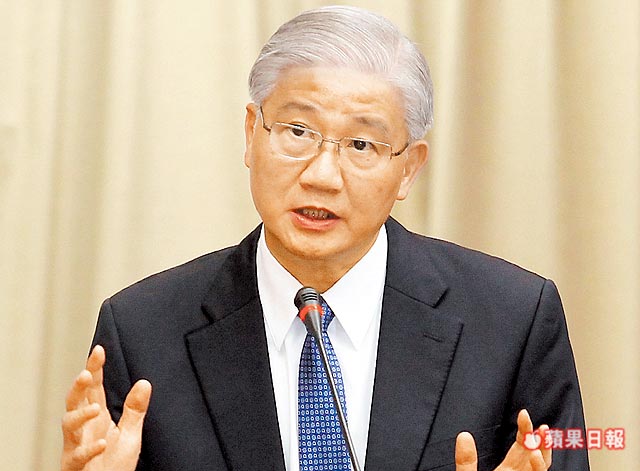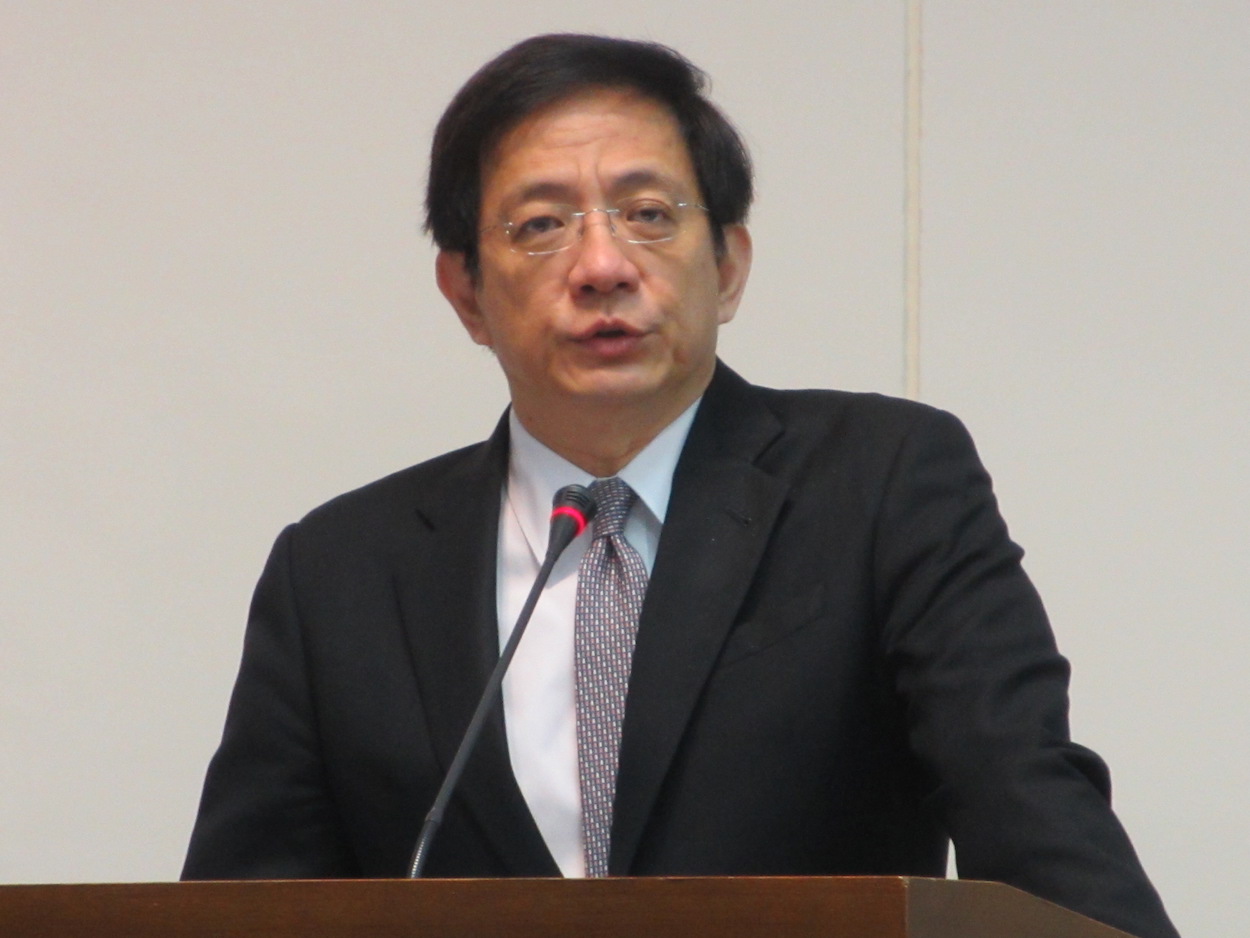by Brian Hioe
語言:
English
Photo Credit: Daderot/WikiCommons/CC
CONTROVERSY regarding the appointment of recently elected National Taiwan University (NTU) president Kuan Chung-ming (管中閔), who has yet to take office, is ironic. Namely, Kuan’s predecessor Yang Pan-chyr (楊泮池) faced more or less the same issues, which led him to resign in June 2017.
Kuan is accused of plagiarizing a paper, “An Empirical Study of the Effect of the Economic Cooperation Framework Agreement on Exports”, which was presented in May of last year by a student of his. Kuan’s student’s paper, “The Impact of ECFA Early Harvest on Taiwan’s Export to China: Analysis by Difference-In-Differences Model,” was presented in July 2016, reportedly contains many of the same or similar sentences, has the same argument, and uses the same methodology.
 Yang Pan-chyr. Photo credit: Apple Daily
Yang Pan-chyr. Photo credit: Apple Daily
While social scientists do, in fact, sometimes face the problem of unwittingly recreating research by other social scientists, obviously the similarities between Kuan’s paper and his student’s paper raise a number of questions. Yet thesis supervisors plagiarizing their students’ papers is hardly a problem unknown in academia, with students often finding themselves with few options to take action against plagiarism because their supervisors can hold their careers hostage if they protest.
This is the same accusation which led Yang Pan-chyr to resign last year after his term ended, due to that Yang was a co-author on 17 papers published in internationally-recognized journals found to have fraudulent research results. These papers were published by Yang and Kaohsiung Medical University vice-president Kuo Min-liang (郭明良). Controversial was that Yang had in the past been awarded an academic award worth 600,000 NTD from the Ministry of Education.
Although Yang was cleared of wrongdoing in a committee investigation, with the claim that the sections Yang worked on did not contain any fraudulent elements, Yang later resigned, citing that he did not wish for NTU’s reputation to be damaged by the scandal. During the scandal, the NTU campus saw protests calling on Yang to resign, and after his resignation, Yang was criticized by other university presidents and members of Academia Sinica for not resigning sooner. In its aftermath, the Taiwanese government announced that it would form an office to investigate research integrity.
Perhaps the Kuan scandal, then, coming in the immediate aftermath of the Yang scandal, points to how widespread problems of academic fraud or plagiarism are in Taiwan. However, another complication has been the fact that Kuan Chung-ming was formerly a high-ranking KMT government official during the Ma administration, as a minister without portfolio, the last minister of the Council for Economic Planning and Development from 2013 to 2014 until its dissolution and then as the first minister of the National Development Council which replaced it. Kuan resigned his position in 2015 as a way of taking responsibility for the KMT’s defeats in 2014 nine-in-one elections.
 Kuan Chung-ming. Photo credit: VOA
Kuan Chung-ming. Photo credit: VOA
Unsurprisingly, as a member of the Ma administration’s economic policy establishment during the Sunflower Movement, Kuan was a strong proponent of ECFA and the CSSTA trade bill with China. And also unsurprisingly, the KMT has defended Kuan, with KMT legislators Apollo Chen (陳學聖), Lee Yen-hsiu (李彥秀) and Ko Chih-en (柯志恩) accusing the DPP of politically targeting Kuan, in line with accusations by the KMT that the DPP is seeking to restrict the expression of pan-Blue political views and that the DPP threatened to cut NTU’s budget as a way of annulling Kuan’s successful bid to become university president. There have also been claims by the KMT that the Ministry of Education is behaving differently than when it handled a controversy last year about Steve Kuo (郭旭崧) being appointed to president of National Yang Ming University despite only being an associate professor and not a full professor.
But in all likelihood, the KMT is simply acting to defend its own. KMT appointees have been accused of corruption in a number of fields, whether with regards to farmers’ associations, fishing associations, sports regulatory bodies, and numerous other examples. And so academic corruption on the part of KMT members and reflexive defensiveness by the party of such individuals would not be too surprising.
As a result of the KMT’s defense of Kuan, as well as NTU defending Kuan, the DPP later pulled its motion to seek his resignation, citing respect for academic independence and university autonomy. However, with such politicizing of the scandal, if these two cases do point to broader problems of academic corruption, fraud, or plagiarism within Taiwanese academia, one observes that the issue has seen little discussion after the controversy. This is disappointing, but not entirely surprising.

